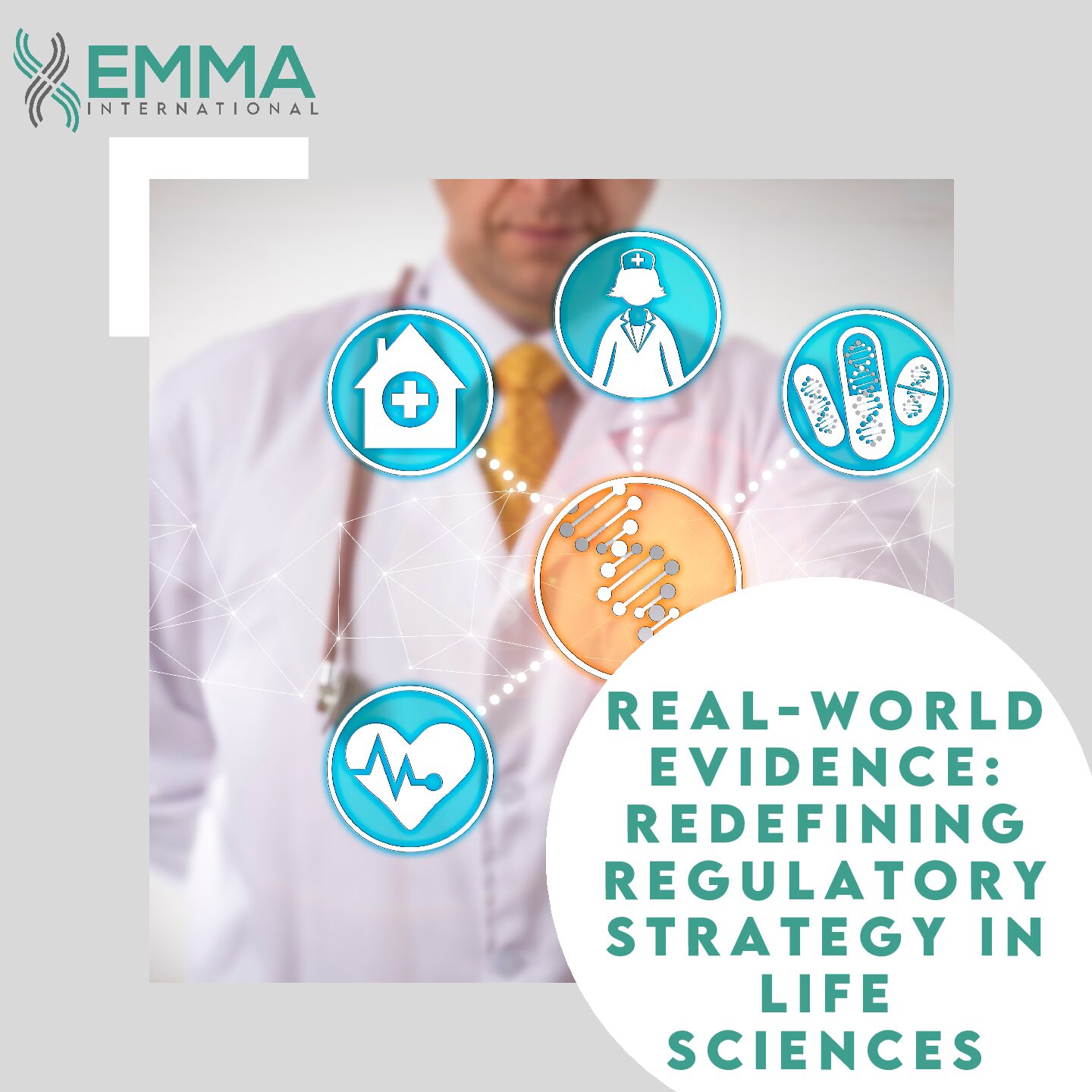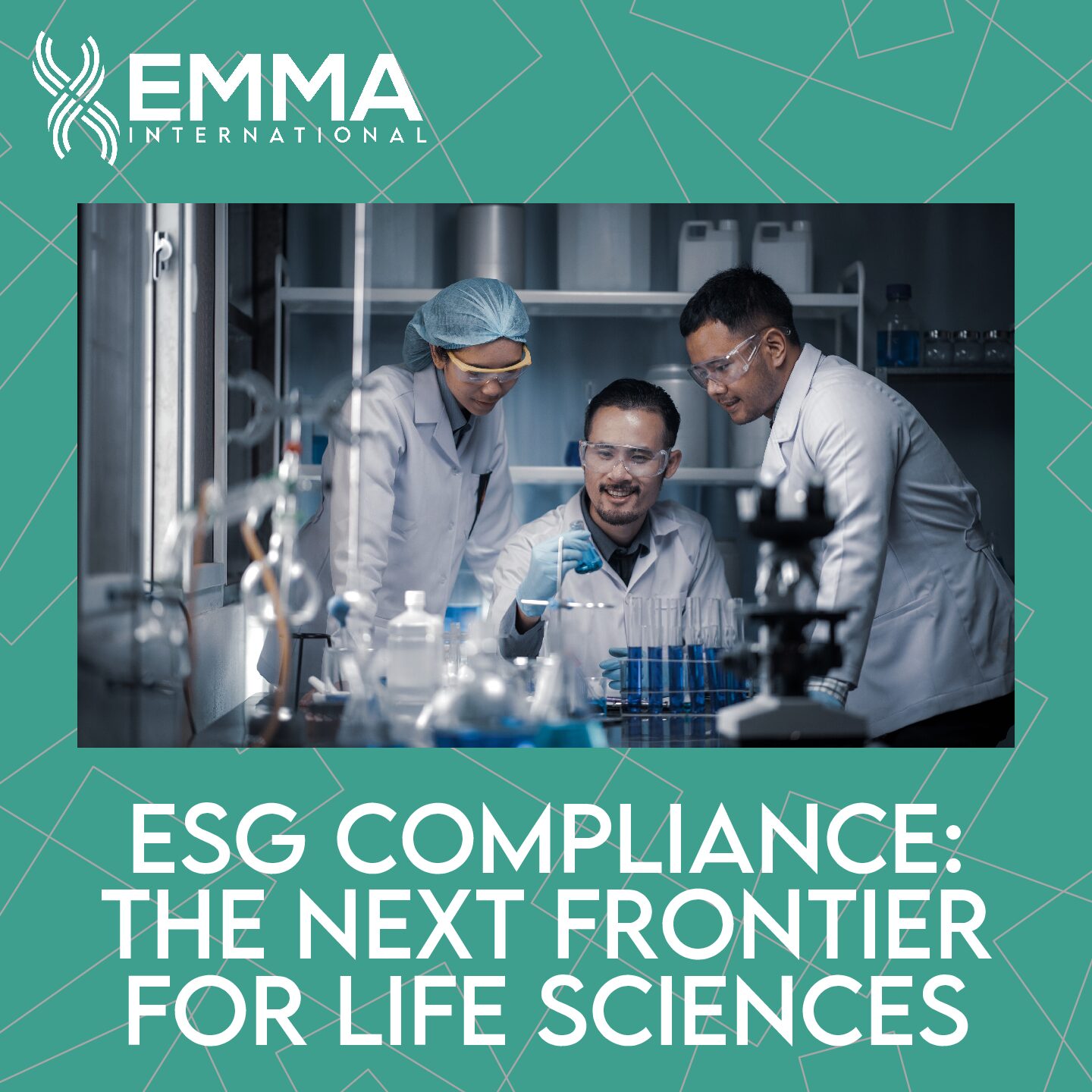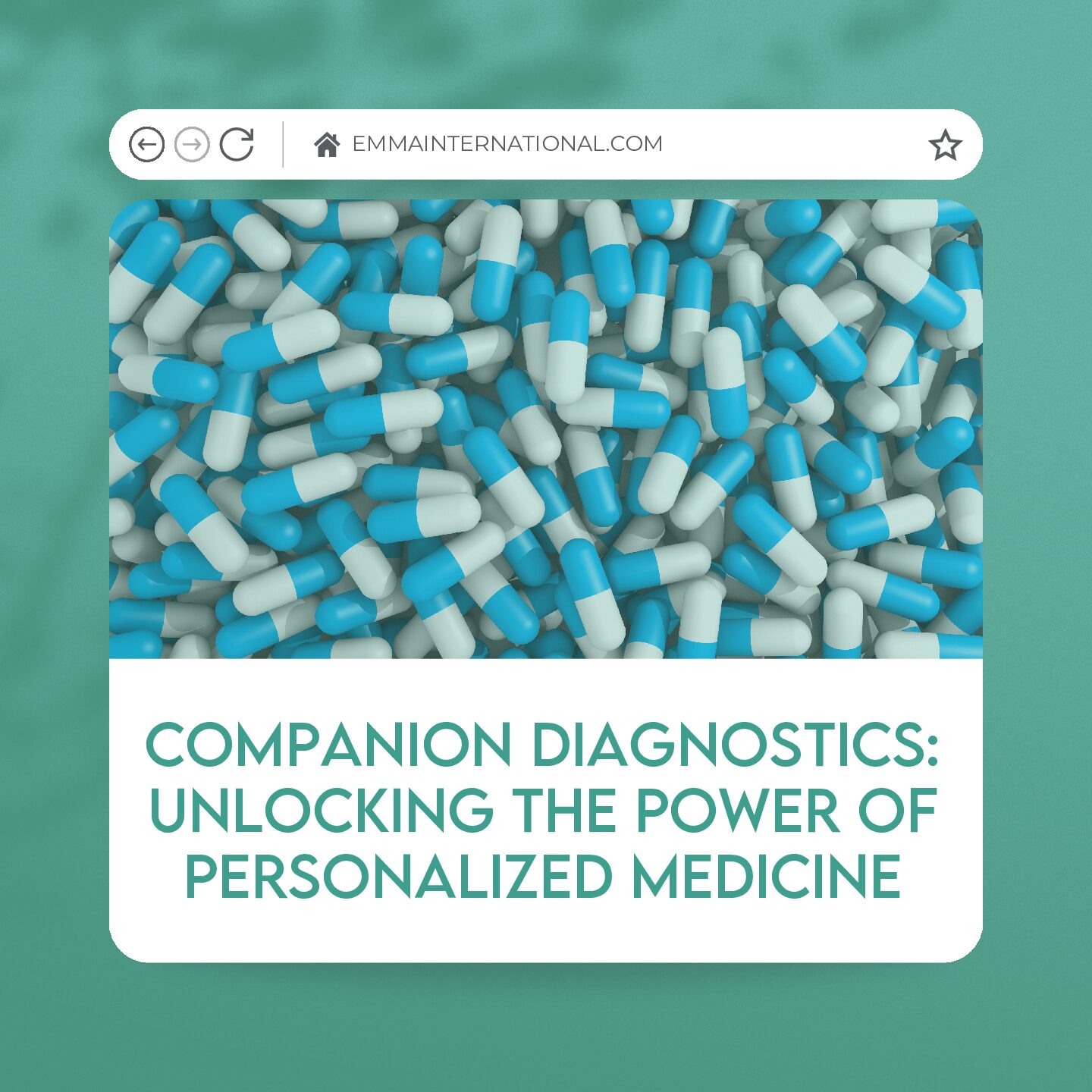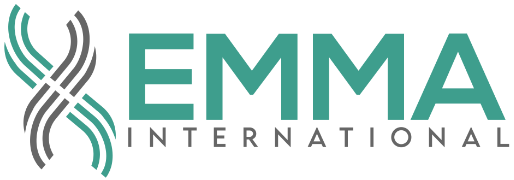Endotoxin testing is a critical safety procedure used in pharmaceutical, biotechnology, and medical device manufacturing to ensure that products are free from harmful bacterial endotoxins. These endotoxins, also known as lipopolysaccharides (LPS), are toxic substances found in the outer membrane of Gram-negative bacteria. Even in minute quantities, endotoxins can cause severe reactions in humans, ranging from fever to life-threatening septic shock.
Endotoxins can be introduced into pharmaceutical or medical products at any stage of the manufacturing process. Since many of these products are administered directly into the body—through injections, infusions, or implants—there is a high risk of contamination if the proper control measures are not in place.
If endotoxins are present in therapeutic products or devices, they can trigger harmful immune responses in patients. For example, patients who receive contaminated IV solutions or injectable drugs may experience fever, hypotension, or in extreme cases, sepsis. To prevent these adverse events, regulatory authorities like the FDA and the EMA have stringent requirements for endotoxin testing during product development and manufacturing.
Several methods are commonly used to detect and quantify endotoxins in pharmaceutical products and medical devices:
- Limulus Amebocyte Lysate (LAL) Test: This is the most widely used method for endotoxin testing. It relies on the blood cells (amebocytes) from the horseshoe crab, Limulus polyphemus, which clot in the presence of endotoxins. The LAL test can be performed in various forms:
- Gel-Clot Method: The sample is mixed with LAL reagent, and if endotoxins are present, a clot will form.
- Turbidimetric Method: This method measures the increase in turbidity (cloudiness) of the solution as endotoxins cause the LAL reagent to react.
- Chromogenic Method: Endotoxins cause the LAL reagent to release a color, which is then measured spectrophotometrically.
- Recombinant Factor C (rFC) Assay: This is a synthetic alternative to the LAL test and does not require horseshoe crabs. The rFC assay uses a genetically engineered version of the Factor C protein, which reacts to endotoxins in a similar way as LAL but is more sustainable and ethical.
- Monocyte Activation Test (MAT): Unlike the LAL test, which detects endotoxins only, the MAT can detect a wider range of pyrogens, substances that cause fever, including endotoxins and other bacterial components. This method uses human blood cells (monocytes) to detect these pyrogens, making it a more comprehensive testing option.
The FDA, EMA, and other global regulatory agencies require that all injectable drugs, intravenous (IV) fluids, and implantable medical devices undergo endotoxin testing before they reach the market. These requirements are part of Good Manufacturing Practice (GMP) regulations. For example, the FDA outlines the acceptable endotoxin limits for various products in its guidelines, ensuring patient safety.
Endotoxin testing is not a one-time procedure; it is conducted during various stages of product development and manufacturing. Regular testing ensures that manufacturing environments remain free from contamination, reducing the risk of endotoxin introduction during production.
Endotoxin Testing in Biologics and Medical Devices
Biopharmaceutical products such as vaccines, cell therapies, and gene therapies require strict endotoxin testing because they are often produced using bacterial expression systems. Additionally, medical devices that come into contact with blood or are implanted in the body, such as catheters or pacemakers, must be tested for endotoxins. The sterilization process alone is not enough, as endotoxins can persist even after a device or drug has been sterilized.
How EMMA International Can Help
EMMA International’s team of experts can help design and implement an endotoxin testing strategy that aligns with the latest industry standards. Whether you’re developing a new biologic, medical device, or pharmaceutical product, we can guide you through the necessary testing processes and ensure compliance with FDA and EMA regulations.
In addition to testing services, we offer consulting on manufacturing practices to minimize contamination risks and improve the overall quality of your products. With a focus on quality and compliance, EMMA International is your partner in bringing safe, effective products to the market. To learn more, reach our team 24/7 at 248-987-4497 or email info@emmainternational.com.
FDA (June 2012) Guidance for Industry: Pyrogen and Endotoxins Testing: Questions and Answers retrieved from: https://www.fda.gov/regulatory-information/search-fda-guidance-documents/guidance-industry-pyrogen-and-endotoxins-testing-questions-and-answers






